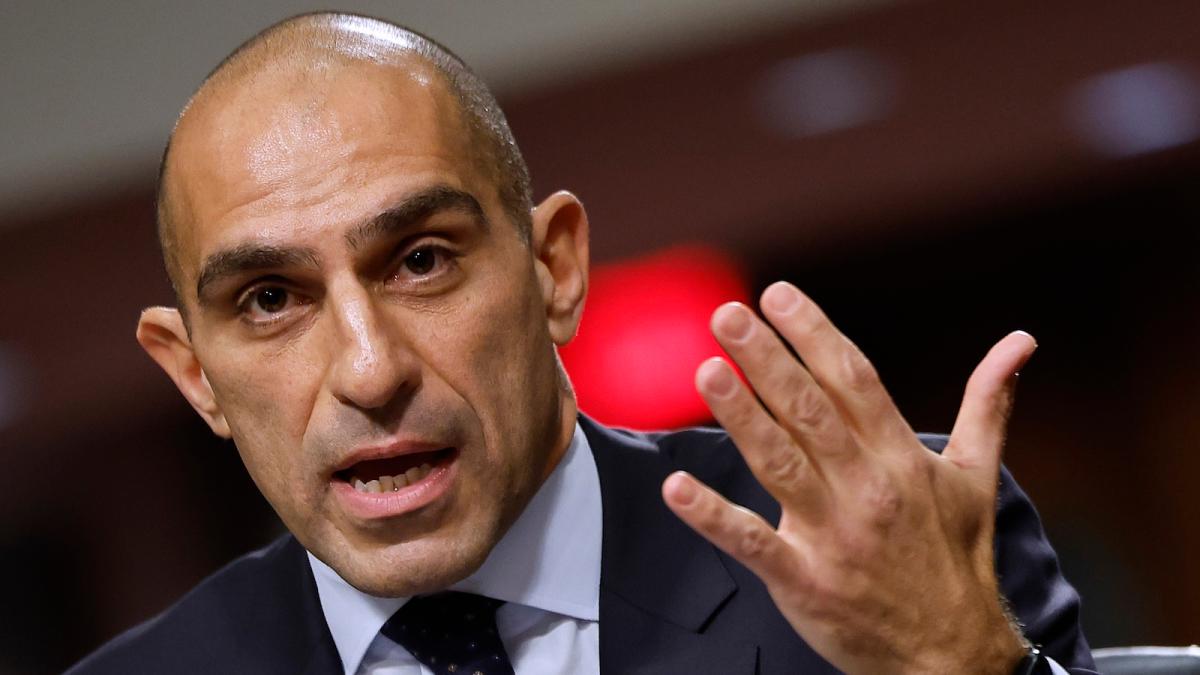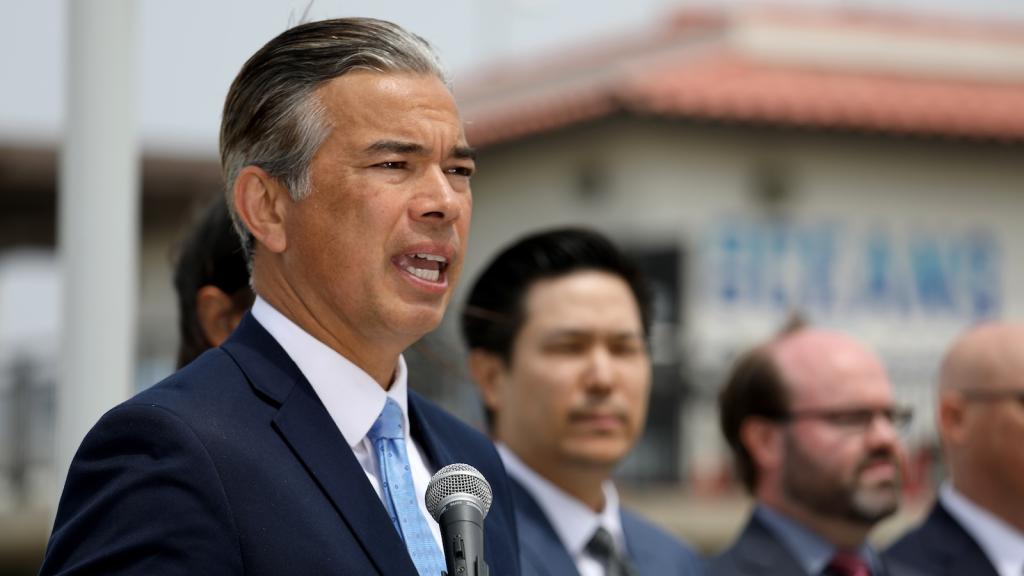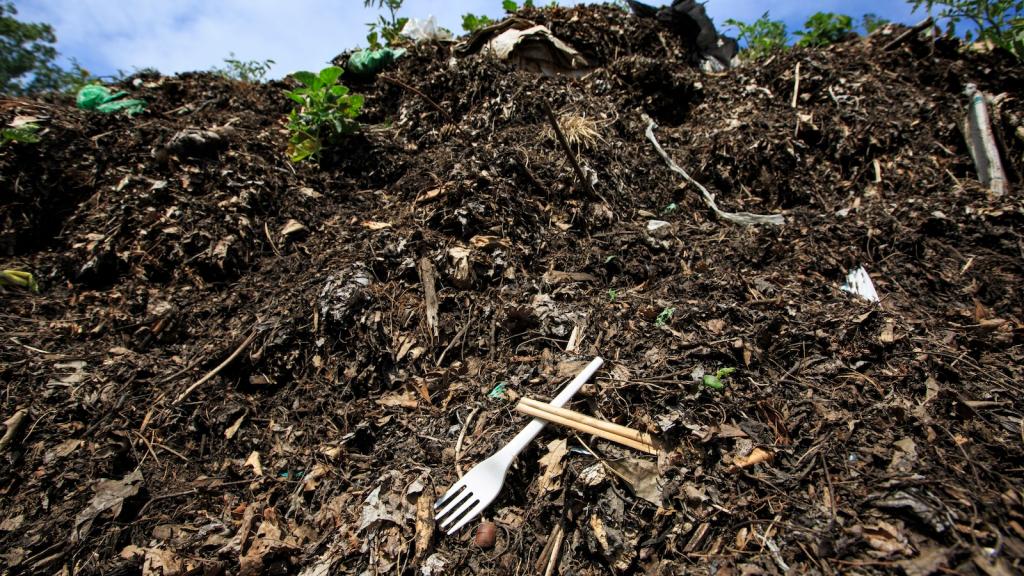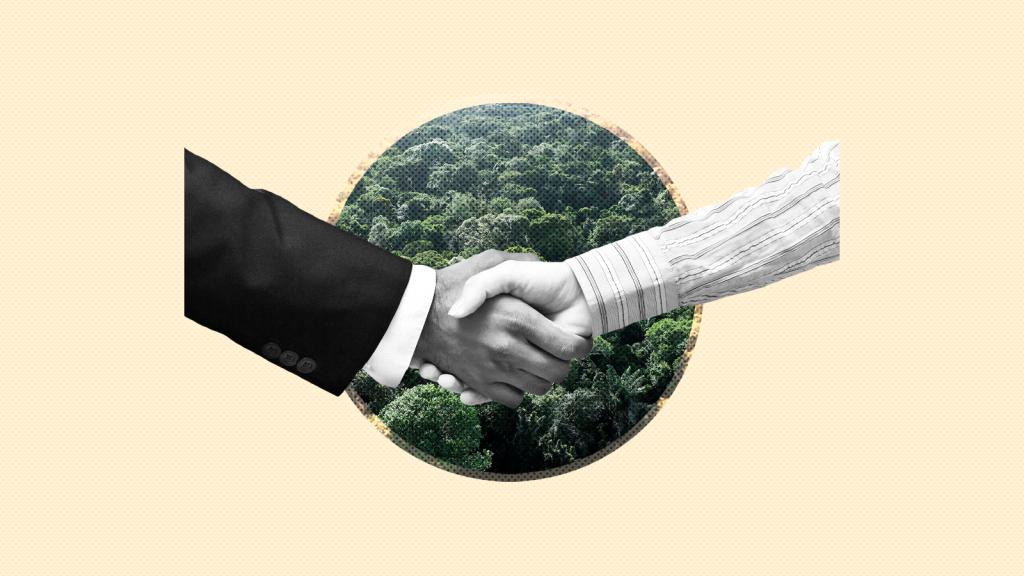After two years of meetings and consultation with the public, a little-known federal regulator this month issued its final guidance on the trading of derivatives based on carbon credits, the certificates companies buy and sell on a voluntary basis to say they’ve offset their greenhouse gas emissions.
Experts had hoped that the guidance from the Commodity Futures Trading Commission, or CFTC, would address widespread concerns about carbon credit-related fraud — essentially, the fear that credits are not delivering their promised emissions reductions. Scientific articles and media investigations over the past several years have revealed that many credits are based on forest conservation projects in areas that were never in danger of being chopped down, or that they sequester carbon in ways that are unlikely to last more than a few years.
In a statement, CFTC Chair Rostin Behnam called the guidance “a critical step in support of the development of high-integrity voluntary carbon markets.” But experts and environmental groups aren’t so enthused. Some don’t think... Read more






